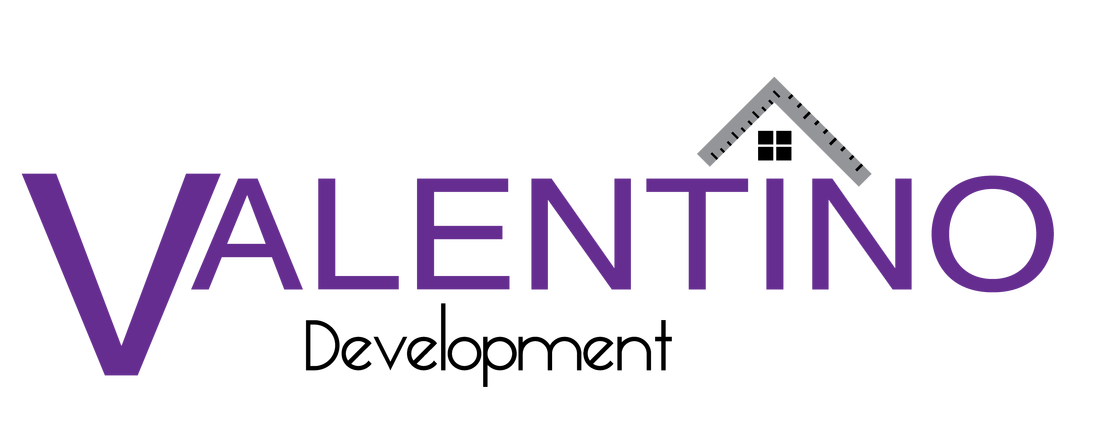|
By LINDA VALENTINO This year, I was appointed to serve on the Legislature’s Joint Select Committee on Maine’s Workforce and Economic Future. We knew the committee had a lot of work to do when we began in January, and we’ve spent the past several months meeting workforce experts, business leaders, employers, educators and members of the public. We held public hearings and toured local sites in Bangor, Belfast and Biddeford. From what we learned, we created a comprehensive workforce development bill, LD 90, to strengthen our economy and help close the skills gap, which otherwise will cause 4,000 positions to go unfilled through 2018. This first-of-its-kind legislation is supported by many organizations, including the Maine State Chamber of Commerce, University of Maine System, Maine’s community colleges, and the Maine AFL-CIO. The bill has several parts, and I want to highlight a few of the elements.
The bill restores funding to the Maine Apprenticeship Program, which helps train our workforce through on-the-job experience in industries varying from energy and telecommunications to construction and manufacturing. MAP can reimburse the tuition of training programs up to 50 percent, which makes this training much more accessible to Mainers. LD 90 will also increase offerings at Maine’s community colleges by supporting the addition of four new degree programs for high-demand and high-wage industries. This combined with funding to reduce the backlogs on waiting lists for 14 already existing programs will allow Mainers to complete their degrees sooner, and in fields where they are likely to find a job quickly. Many students have experienced challenges in transferring credits between the University of Maine System and the Maine Community College System. LD 90 will streamline the process by creating a uniform and seamless credit transfer system. This system will include block credit transfers, which guarantee that a student who receives an associate’s degree from a Maine community college and then transfers to the university system will receive a minimum number of transfer credits. It also includes reverse credit transfers, which allow students who transfer to the university system before completing an associate’s degree to retroactively receive an associate’s degree once those requirements are met at the university. Additionally, LD 90 creates a new scholarship fund for 200,000 Mainers who started but never completed their associate’s or bachelor’s degree. It starts a pilot program to help Maine businesses by fast tracking foreign-trained professionals to fill workforce needs quickly. It expands an existing worker training program for “incumbent workers” to help them improve their skill sets. The committee could not have accomplished all of this without broad support and thoughtful input. This measure will serve as a model for future legislation to address new and changing workforce needs. The Appropriations Committee is now reviewing the bill. It is critical for Maine’s workforce that the opportunities included in the legislation are fully funded. I am confident that the committee, understanding the importance of this measure for our economic future, will support the funding of LD 90. This legislation and the committee’s work will serve to strengthen Maine’s workforce and build our economy for years to come. — Sen. Linda Valentino is a Democrat representing Senate District 5: Buxton, Dayton, Old Orchard Beach, Saco and part of Biddeford. Her column appears on the second Monday of each month in the Journal Tribune.
0 Comments
Leave a Reply. |
Latest News
State and Local News Archives
October 2016
Categories |

 RSS Feed
RSS Feed


